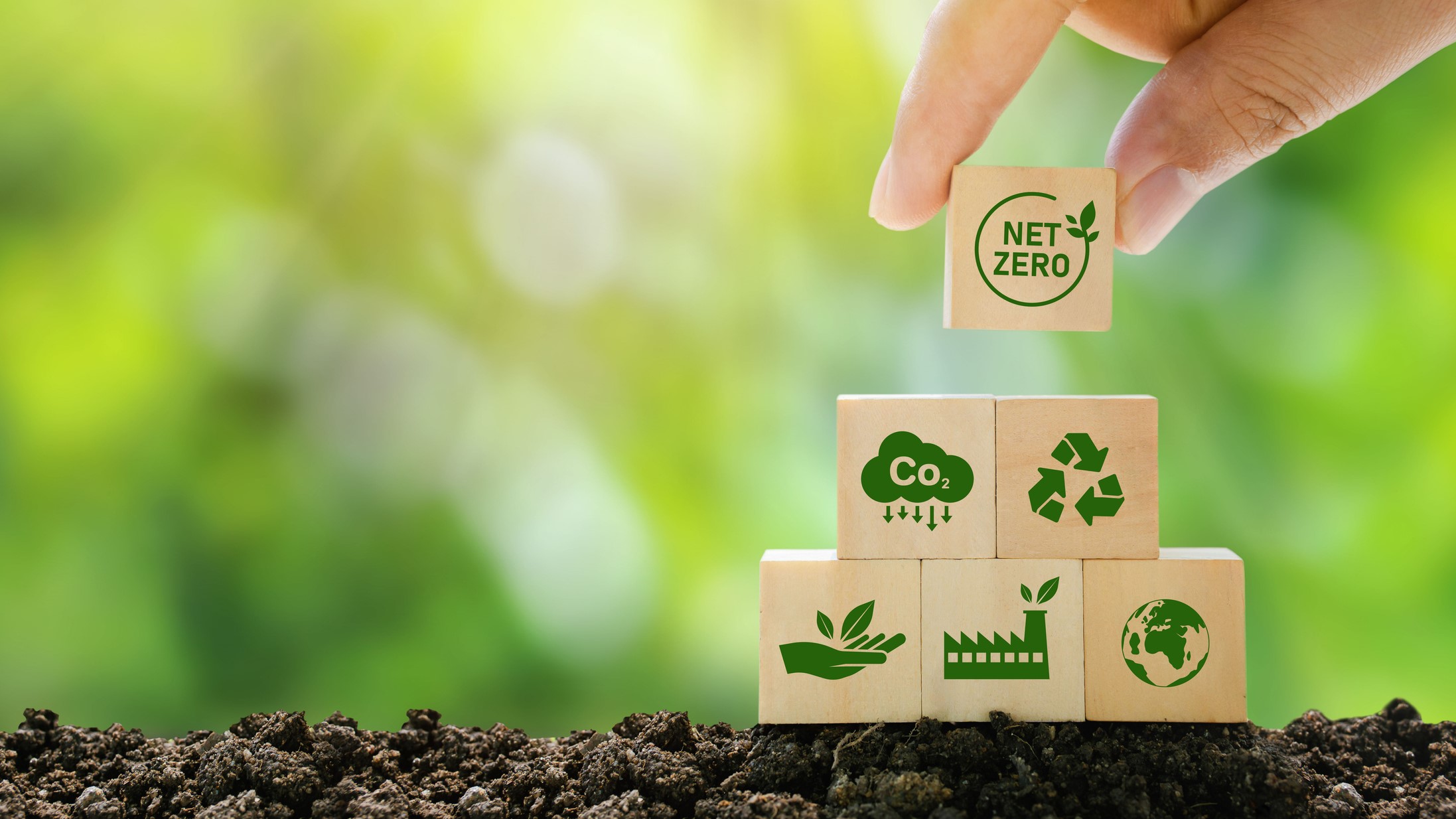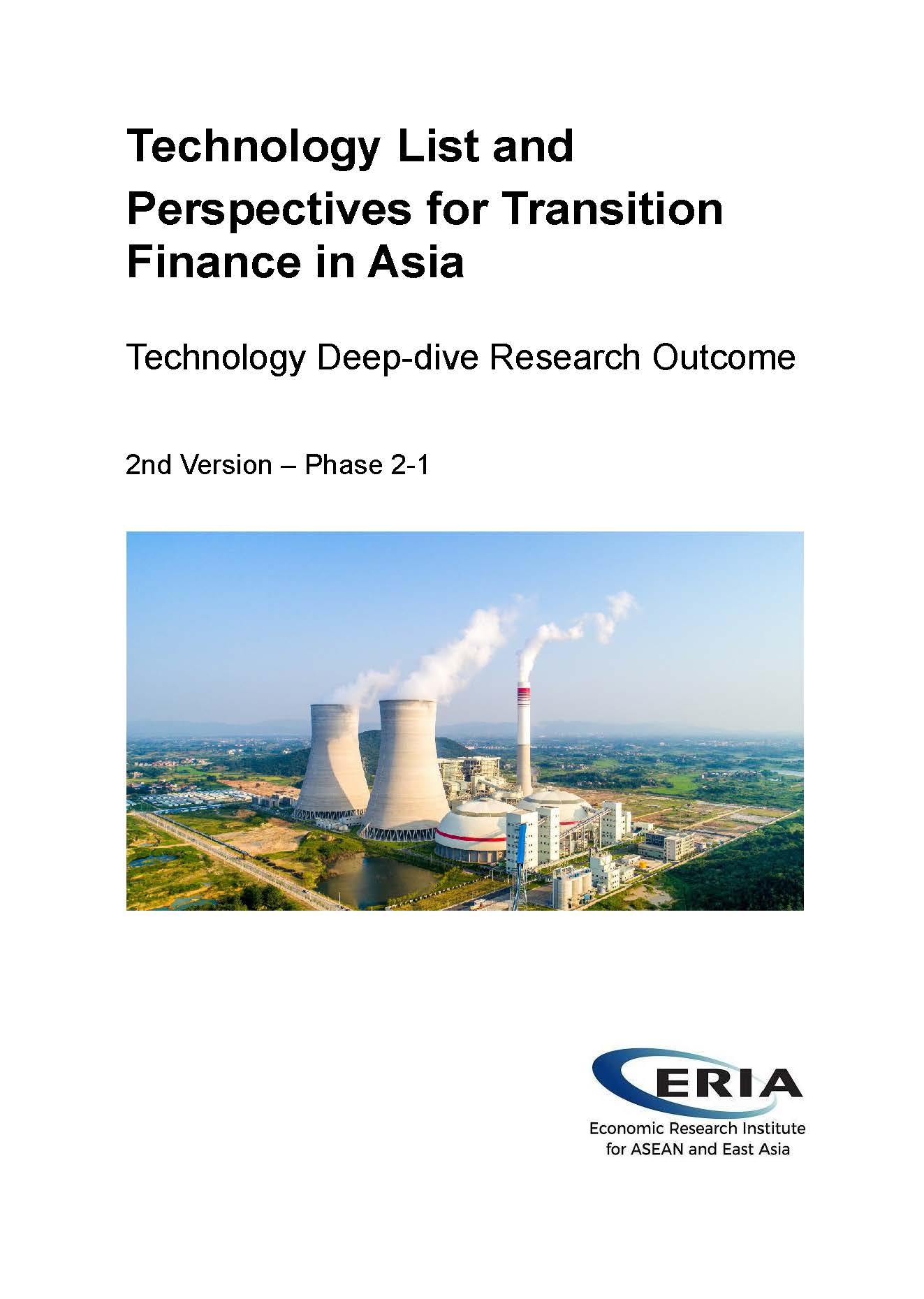Call for Papers: Carbon Recycling

Print Article:
Introduction
Carbon Dioxide Capture and Utilisation (Carbon Recycling), the process of capturing and reusing emitted CO2, is regarded as a key technology for achieving a carbon-neutral society. Research indicates that four markets for carbon recycling technologies are projected to grow significantly in the near future:
- Building Materials: Concrete and carbonate aggregate,
- Intermediate Chemicals: Wide applications across various industries, including agriculture, pulp and paper, pharmaceuticals, and textiles, such as methanol, formic acid, and syngas,
- Fuels: Liquid fuels and methane,
- Polymers: Polyols (reduced-calorie, sugar-free bulk sweeteners) and polycarbonate (plastic).
Industries, research institutions, and governments have developed a roadmap for carbon recycling technologies. Japan's Ministry of Economy, Trade and Industry (METI) formulated a roadmap in June 2019, outlining goals, technological challenges, and timelines to accelerate innovation in these technologies. This roadmap was revised in 2021 to encompass a broader range of technologies and to focus on scalable technology acceleration.
Recently, governments have recognised carbon recycling as a key technology within their green growth strategies aimed at achieving a net-zero emissions society. Policy and funding have been directed towards accelerating the deployment of carbon recycling, with significant R&D funding allocated for this purpose.
While carbon recycling technology shows promise and government support is in place, several hurdles remain for achieving commercial scale. Cost reductions are necessary to meet market acceptability, necessitating further research to enhance processes and reduce energy requirements. Improved regulation is also essential to promote carbon recycling as a viable option for climate mitigation.
It is therefore crucial to explore the socio-economic, governance, regulatory framework, and environmental aspects of carbon recycling. Research topics may include enhancing competitiveness analysis between carbon recycling technologies and existing fuel generation technologies, assessing innovative technology development in carbon recycling, and evaluating the economic valuation of carbon recycling activities. This includes exploring the governance and regulatory frameworks needed and fostering regional cooperation to accelerate deployment.
The Asia CCUS Network (ACN), implemented by ERIA, is developing a report focusing on carbon recycling in ASEAN and East Asia. We invite researchers from diverse backgrounds to contribute to this publication, particularly on the socio-economic and environmental analyses of carbon recycling development and implementation. Contributions may highlight socio-economic factors, regulatory frameworks, regional collaboration schemes, governance, and environmental impacts related to carbon recycling.
Research Questions
The project aims to investigate issues such as:
- Assessing the carbon recycling roadmap, regulations, and policies in the study country prior to examining the study’s hypothesis.
- Gaining a comprehensive understanding of the current status of specific carbon recycling technologies, their development prospects, and potential hurdles and solutions from a policy perspective.
- Identifying barriers and necessary institutional capacities for establishing carbon recycling markets domestically, regionally, and globally.
- Exploring governance issues, including life cycle accounting, end-of-life product handling, and monitoring, reporting, and verification (MRV).
- Investigating sustainable financing for carbon recycling.
- Examining certification for carbon emission reduction or balancing emissions and reductions.
Study Methods
The project will utilise both qualitative and quantitative methods conducted by researchers from diverse backgrounds. This call for proposals is disseminated through ERIA and university networks, as well as ERIA’s website. Given the practical implications of the project, we encourage collaboration between academia, research institutions, banking and finance experts, industry specialists, civil society, and other stakeholders in carbon recycling to submit proposals to ERIA through Ms. Laksmita Dwi Hersaputri, Research Associate (Energy Unit). Email: [email protected]
When submitting your proposal, please include:
- Topic of research
- Brief background/introduction
- Research methodology
- Expected outcomes, e.g., policy recommendations
Expected Results and Deliverables
Outputs are expected to be published as ERIA reports and circulated among stakeholders, as well as being available on the ACN and ERIA websites. Policy briefs will also be produced from these studies.
Recommendations and Policy Implications
This project aims to inform policy debates and practices to advance the development and deployment of carbon recycling in ASEAN and East Asia. It will provide policy recommendations to promote carbon recycling as a key technology in achieving the Asia Zero Emission Community.
Project Timeline
The expected timeline (date/month/year) of launch, workshop, submission of report, publication, etc:
|
Contracting team members |
October 2024 |
|
First stage research work and WG preparation (kickoff) |
November 2024 |
|
First workshop (two days) (assessment of progress) |
January 2025 |
|
Second workshop (two days) (assessment of progress) |
May 2025 |
|
Final report submission and review |
June - July 2025 |
|
Project final report editing and submission |
July - August 2025 |
|
Publishing report |
September 2025 |
Remuneration
The research proposal under this theme will be awarded an honorarium of US$4,000 to US$9,000 if successfully selected for participation in this study. Only successful candidates will be contacted.
Deadline for proposal submissions: 15 October 2024




